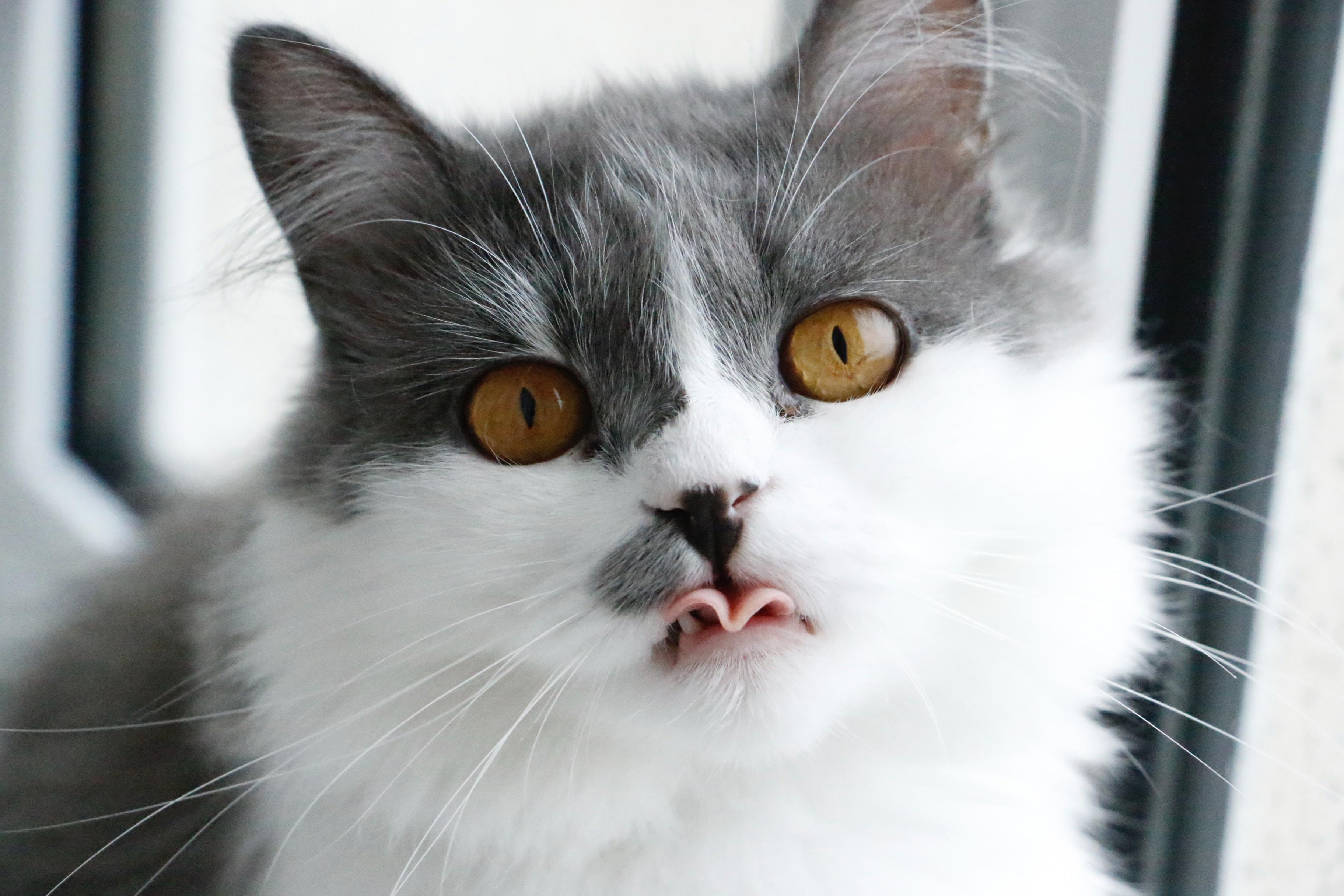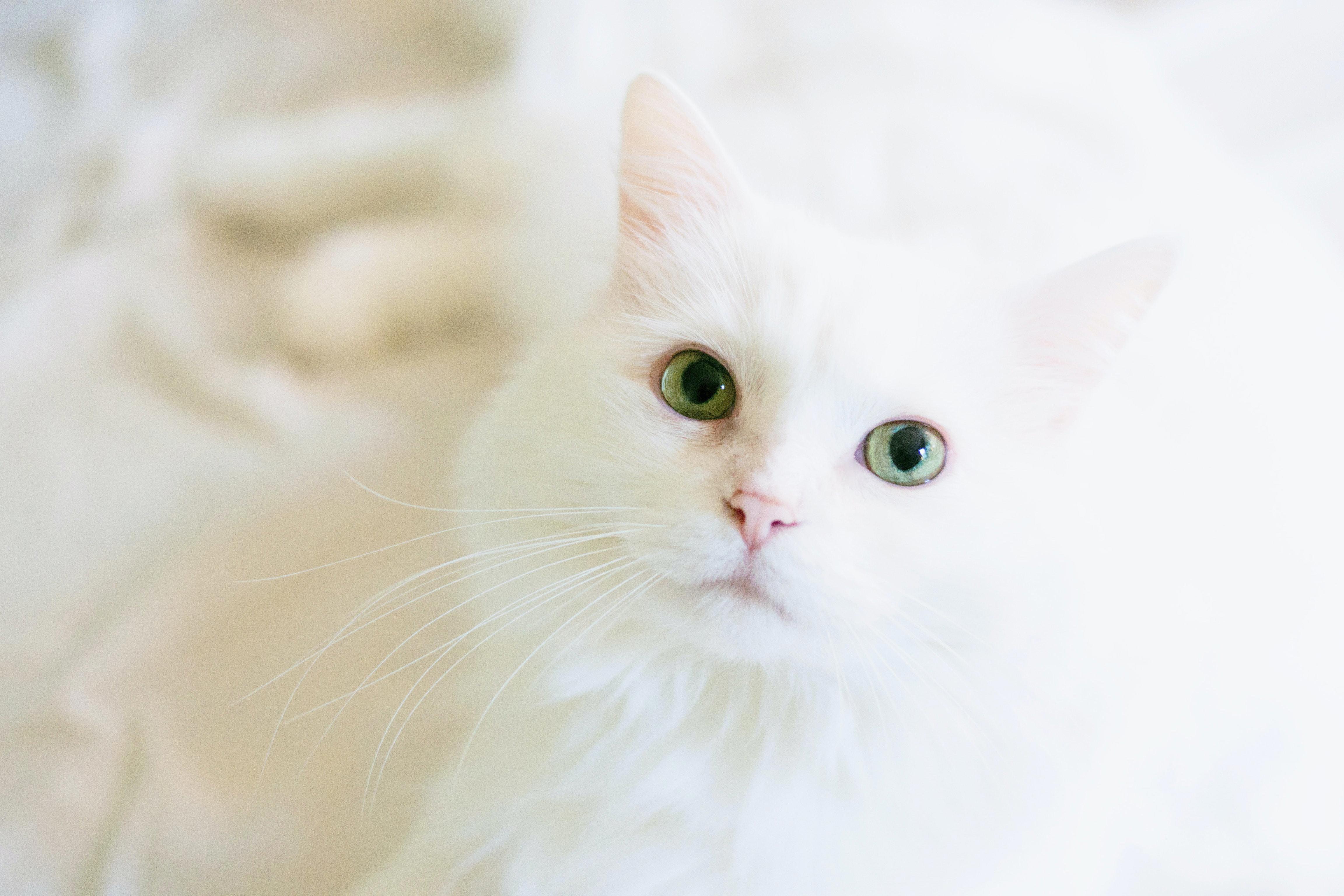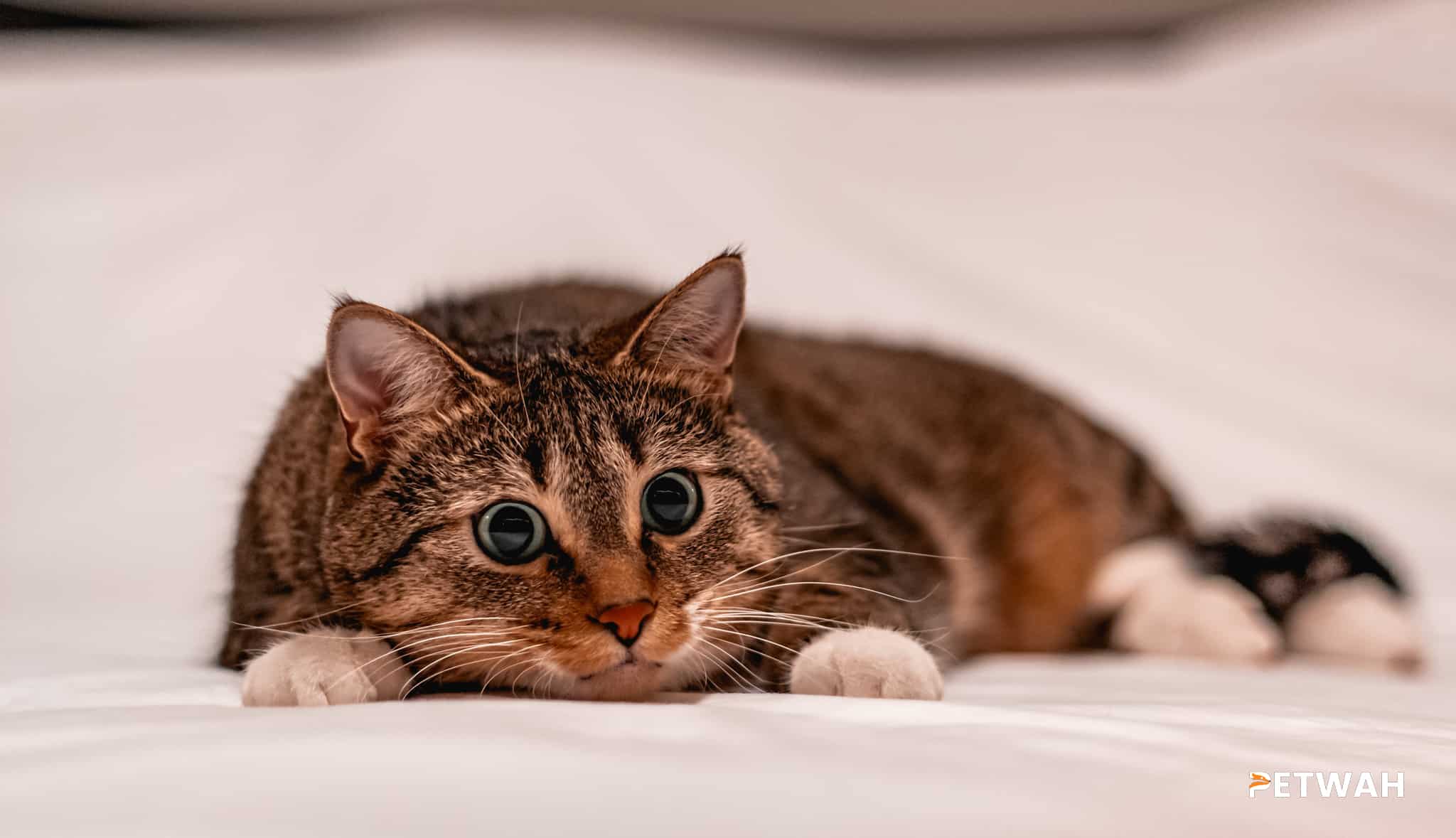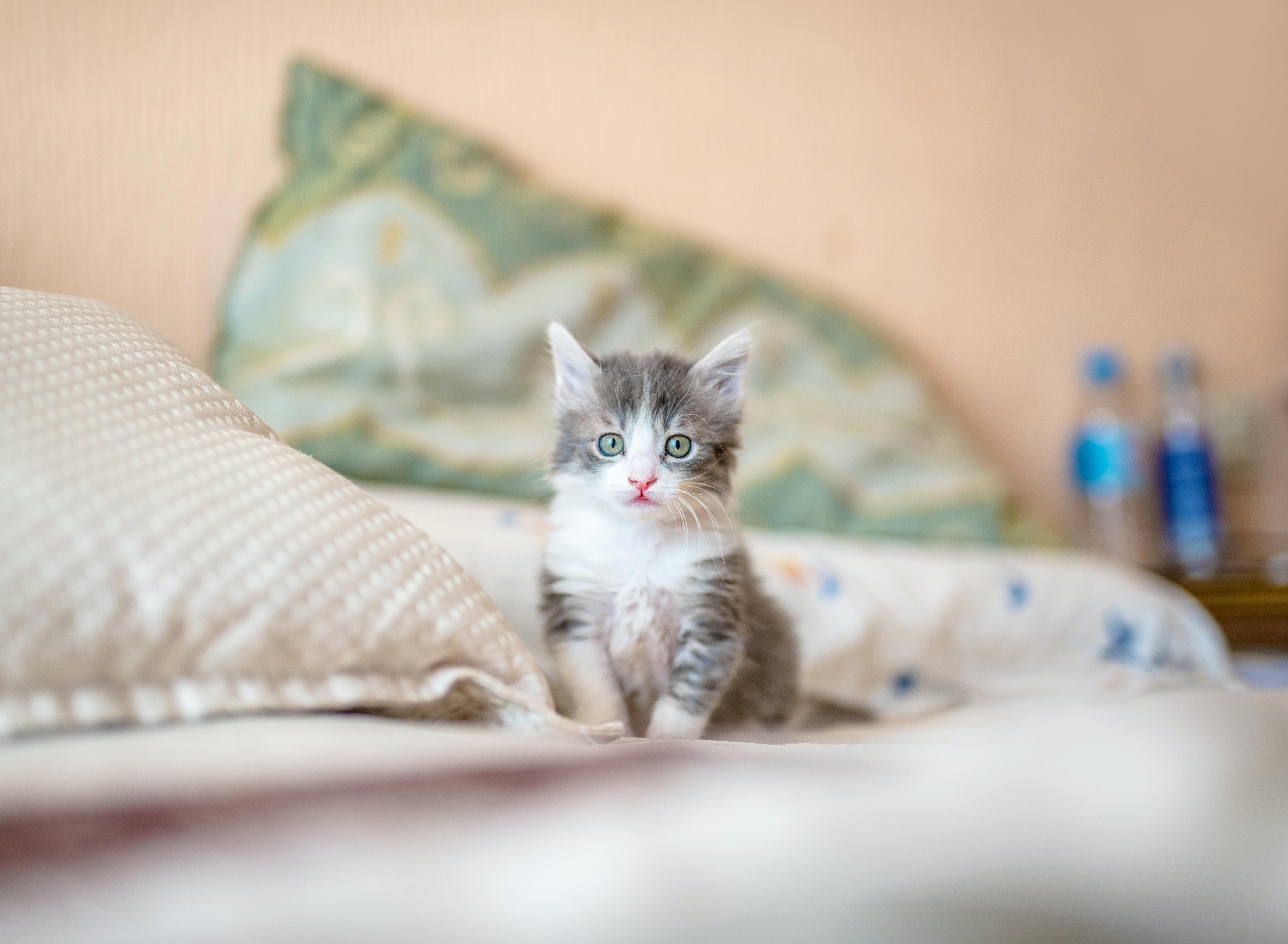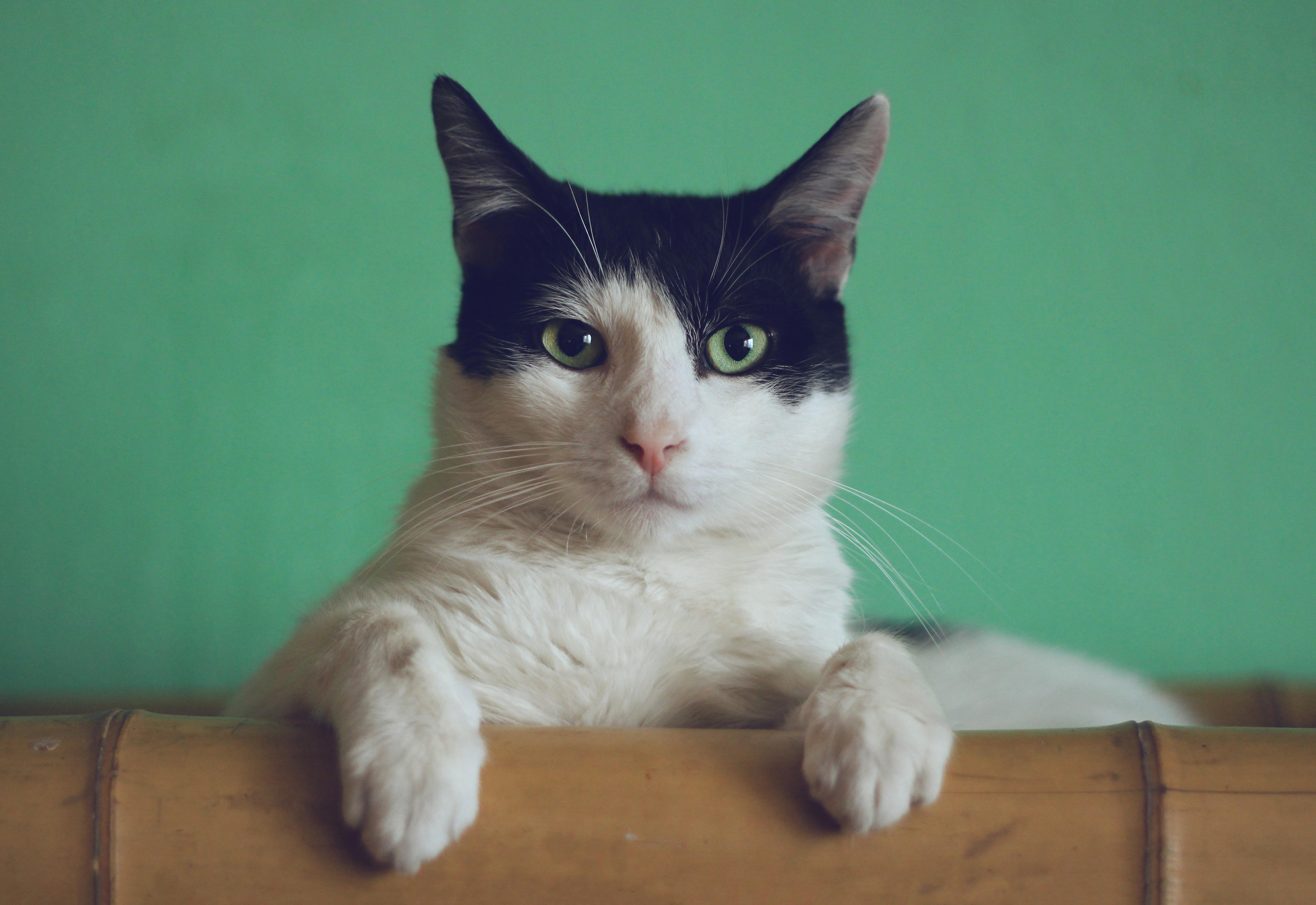As a loving pet owner, you want to ensure that your furry friend stays healthy and happy. One of the best ways to protect your feline companion from diseases is by vaccinating them. Vaccinations are an essential aspect of your cat’s healthcare routine and can help prevent the spread of deadly illnesses. But which vaccinations does your cat need? In this comprehensive guide, we will explore the essential vaccinations that every cat should have and why they are so important for your feline friend’s wellbeing. So, let’s dive in and learn more about the shots that your cat needs to stay healthy and protected.
As a pet owner, it is important to ensure that your furry friend is up-to-date on their vaccinations. While some vaccinations may not be necessary for your cat, there are some essential shots that are recommended for all felines. Here’s a guide to help you understand the essential vaccinations that your cat needs to stay healthy.
1. Rabies Vaccine
The rabies vaccine is a must for all cats. This vaccine protects your cat from the deadly rabies virus which can be transmitted from infected animals such as bats, raccoons, and skunks. The rabies vaccine is usually given to kittens when they are around 12 weeks old, and then a booster shot is given every one to three years, depending on the vaccine used.
2. Feline Distemper Vaccine
The feline distemper vaccine, also known as the FVRCP vaccine, protects your cat from three different viruses: feline viral rhinotracheitis, calicivirus, and panleukopenia. These viruses can cause severe respiratory infections, fever, and dehydration in cats. The vaccine is usually given to kittens at 6 to 8 weeks old, with booster shots given every three to four weeks until they are 16 to 20 weeks old. After that, booster shots are given every one to three years, depending on the vaccine used.
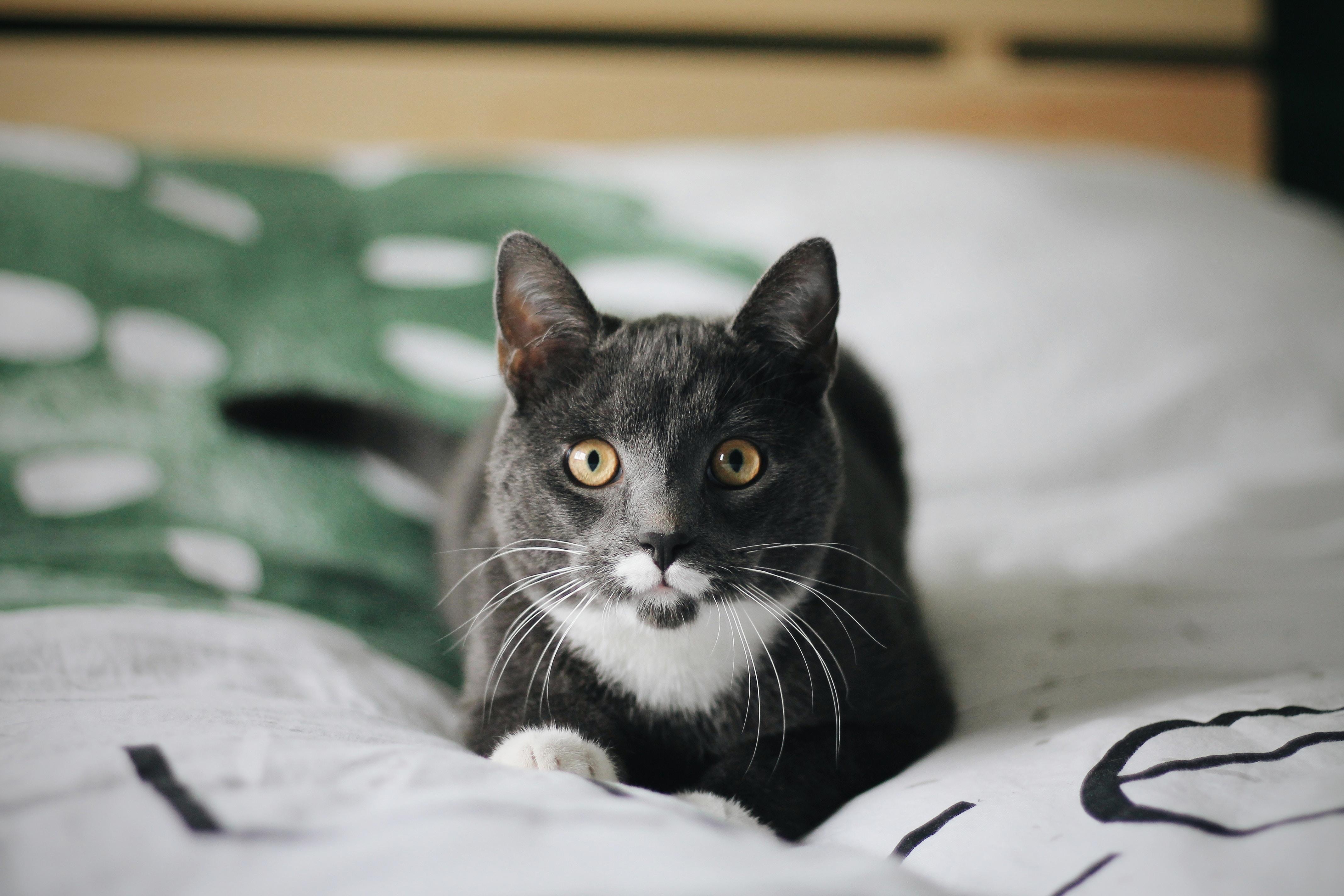
3. Feline Leukemia Vaccine
The feline leukemia virus (FeLV) is a contagious disease that can be transmitted from cat to cat through saliva, urine, and blood. This virus can cause anemia, immune suppression, and even cancer. The feline leukemia vaccine is recommended for all cats, especially those that go outdoors or live with other cats. The vaccine is usually given to kittens when they are 8 to 12 weeks old, with booster shots given three to four weeks later. After that, booster shots are given yearly.
4. Feline Immunodeficiency Virus Vaccine
The feline immunodeficiency virus (FIV) is a viral disease that attacks the cat’s immune system. This virus is usually transmitted through bite wounds from infected cats. The FIV vaccine is recommended for cats that go outdoors or live with other cats that are infected with FIV. The vaccine is given to cats that are 8 weeks or older, with booster shots given every year.
5. Bordetella Vaccine
The Bordetella vaccine protects your cat from the bacteria that cause kennel cough. This vaccine is recommended for cats that frequently visit boarding facilities or are exposed to other cats in a communal setting. The vaccine is usually given to cats when they are 8 to 12 weeks old, with booster shots given every six months to a year.
In conclusion, there are several essential vaccinations that your cat needs to stay healthy. It’s important to work with your veterinarian to determine which vaccines are necessary for your cat, based on their lifestyle and risk factors. By keeping your cat up-to-date on their vaccinations, you can help prevent them from getting sick and ensure that they live a long and healthy life.
In conclusion, keeping your cat up-to-date on their vaccinations is essential for their overall health and well-being. By ensuring that your feline friend receives the necessary shots, you can help protect them from common and potentially deadly diseases. Remember to consult with your veterinarian to determine which vaccinations are best for your cat based on their age, lifestyle, and health status. With a little bit of effort and the right preventative measures, you can help your cat live a long, healthy, and happy life.


